One day, I was giving a tour, and a car pulled up, and a (Spelman) student leaned all the way out of the car and said, What is this tour? These a bunch of gentrifiers.
Adjacent to the Atlanta University Center (AUC) – a network of Historically Black Colleges (HBCU’s) composed of Spelman College, Morehouse College, Clark Atlanta University and Morris Brown College – is The West End. Formerly known and founded as White Hall in 1835, The West End is a staple within Atlanta, recognized for being one of the first streetcar suburbs in the city, one of Atlanta’s Historic Districts, and listed on the National Register of Historic Places.
Consisting of a population of 4,175 people, Robert Thompson – community historian, culturalist, and founder of Insight Cultural Tourism – speaks to the neighborhood’s communal component stating, “I mean, it sounds corny, but you could go to your next-door neighbor and borrow a cup of sugar”. The camaraderie between community members can equally be seen in the architecture of homes within the West End, where people gathering on one another’s front porches to converse or have a meal is a common pastime.
The racial makeup of the West End is predominately African-American, rooted in historical landmarks like The Hammonds House Museum and the shrine of the Black Madonna. Equally, through events like The Malcolm X Festival that began in 1989, and bodies of art like Pearl Cleage’s West End book series, the community takes pride in being a hub for African-American culture.
When speaking of the West End Community, it must be done in tandem with The AUC, where beyond being an educational institution, it also acts as a historic site. Remembering periods like the 1960s, “One of the important eras in the civil rights movement was the development of the Atlanta student movement. That movement started in/at the AU center, (with the help of) people like Charles Black, who’s still alive, and Julian Bond, who was the first black state senator,” remarks Thompson. The efforts of AUC students within the Atlanta Student Movement were fundamental to the birth of the modern Civil Rights Movement, acting as a catalyst for the desegregation of public and private facilities within Atlanta and subsequently within the nation.
During periods like the 1960s, intentional advocacy and kinship were often shared between students within the AUC and community members of The West End. Such is because AUC institutions “were here as part of the foundation of the community,” making them “so integral to the (West End) community,” comments Michael Hodge, the Executive Director of the Atlanta University Center Consortium. In the 1990s and early 2000s, a lot of AUC students, faculty, and young, black middle-class families integrated themselves into the community by moving into the neighborhood due to the area being inexpensive compared to other areas in Atlanta. When living there in 1994, Thompson shares how his rent was $600 a month; but everything changed in 2008 when The West End Trail of the Atlanta Beltline opened. During this time, “the West End was at the epicenter of the mortgage fraud crisis that triggered the worst recession in a generation, causing many homeowners to suffer and a significant number of homes to go into foreclosure” (atlantawestend.com). There was also a real estate crisis happening all over the country, driving an influx of White individuals who were getting priced out of living in the North to start buying houses in the South. When moving to the South, new buildings along the Beltline catered to them and fellow upper-middle-class White communities, causing a displacement of African-American communities. The impact of such displacements can be seen in the U.S. Census Bureau, where from 1990 to 2016, there was a 13% decrease in African-American populations within Atlanta, while the White population increased by 7% from 1990 to 2016.
Today, the average rent in the West End ranges from $1,050 – $2,000 per month. Compared to the price Thompson was paying in 1994 – $600 a month – the price to live in the West End has doubled from $7,200 a year to $12,540. The group most affected by this surge in prices are seniors, specifically those who have lived in areas like the West End for more than 30 years and are now losing their sense of community to modes of gentrification.
When reflecting on the relationship between AUC institutions and their students, it’s important to consider both parties’ roles in the gentrification of the West End community. Highlighting housing options like Entra West End, before it opened in 2020, it used to be a public housing development catered to community members due to its affordability. Now, it serves as a housing option predominately for AUC students due to its high prices and convenient location near the respective institutions.
Amongst current students within the AUC, kindred sentiments towards the West End have faltered since periods like the 1960s, with many commenting how “the West End is unsafe,” “the ghetto,” and would rather remain within the safety and security of their institutions’ respective gates. The oppressive verbiage shared amongst AUC students presents an irony with the discussions had within classroom settings. One can note this in academic spaces like African Diaspora in the World (ADW), where Spleman students often comment on how they aspire to “give back to individuals who are disenfranchised and lower-income,” yet paradoxically don’t practice such sentiments (literally) next door.
Being in a dire socio-political period where the essence of the Black identity is repeatedly scrutinized and under attack, one of the problems with the dynamic between the AUC and The West End community is image. Thompson discusses this when stating how “(when) the administration of the college’s (along with their students) considers the surrounding community to be a hostile and unsafe area, […] (people) are actively discouraged from coming into the community.” For Janice Sikes – Spelman Alumna, and West End Resident since 1973 – negative connotations associated with the West End sadden her, as she “does not see students (actively) seeking to know more about (The) West End” yet are overly willing to scrutinize it.
Deeming the West End as “hostile” and “unsafe” and approaching the neighborhood with a heightened composure of caution creates a palpable barrier between AUC institutions and the West End community. Such promotes a subliminal anti-Black rhetoric that feeds into the justification of development projects within the community. As Tony McNeil, President of West End Neighborhood Development, shares, “(The) goal is development, and […] making The West End a place where people could live, work and play, whether they are students, whether they are single, whether they are small families, whether they are legacy, neighbors, whoever.” One can note this initiative in the reconstruction of the West End Mall as a “$450 million, 1.7 million-square-foot (158,000 sq m) mixed-use community with retail and residential uses, including a large component of affordable housing,” according to Urban Land Magazine.
When investing in projects that have the increased risk factor of “pushing people out or causing them to leave,” it’s imperative for individuals and corporations to “collaborate with the community in order for that not to happen, or at least not to happen as negatively as it could” shares Hodge. Especially when the AUC acts as an economic engine and anchor within the West End community, due to it having a $1.1 billion economic impact on the region, it’s critical that the people behind those projects don’t abuse the extent of their influence.
One of the ways The AUC can mitigate their respective negative effects on the West End community is through genuine immersion within the community. The learning opportunities that multiple on-campus RSOs participate in should proceed to be upheld, such as engaging with homeless communities and tutoring at nearby schools. Organizations like Spelman College’s SGA reflected this last semester through their The West End Stroll with Spelman College’s Vice President for Student Affairs, Dr. Darryl Holloman. Being a native Atlantan, via the activity, Dr. Holloman guided students through different areas of the West End, going down Lee Street and along locations like the West Hunter Street Baptist Church. Mentioning how he “heard a lot about students who seem to be fearful of things outside the gate,” it was important for him to show students “the West End through the lens of someone who was very familiar with it.”
Thompson centers the community through his organization, Insight Cultural Tourism, where he is intentional about giving back. Calling it “cross-fertilization,” Thompson leads safe and organized supervised tours, where he goes to “pre-selected areas that he knows have interesting programs and have a certain degree of safety so that the students can get a better understanding of the people in the community.” He also provides these tours to non-Black communities and individuals who don’t reside in the West End, so they can visit sites like The Hammonds House and Portrait Coffee, making community-building an authentic people-to-people movement.
To lessen its negative impact on the West End community, the AUC must intentionally include local residents in discussions about development projects. Hodge is adamant about doing this, as, in being the Executive Director of the Atlanta University Center Consortium, Inc., he engages with all the constituencies in the community, like The Merchants Association, The West End Cid Community Improvement District, The West End Neighborhood Association and others to reach across the divide and ensure community-members are involved in present and future projects. Art-centered initiatives like Spelman’s new Center for Innovation & the Arts and the Ray Charles Performing Arts Center highlight this as they are both constructions that not only touch and reside within the community but enable there to be a joint venture between community residents and AUC students/institutions.
A good neighbor is a priceless treasure, so long as the essence of neighborliness doesn’t falter. Yet, when AUC institutions preach mottos like “Choice to Change the World,” “Men of Consequence”, and “I’ll Find a Way or Make One,” one needs to consider if that rhetoric is exclusively for those that reside within the gates or can be extended to those outside of them. For the future is only as bright as one’s camaraderie extends, and work within the AUC needs to be done so that brightness doesn’t begin to dim.
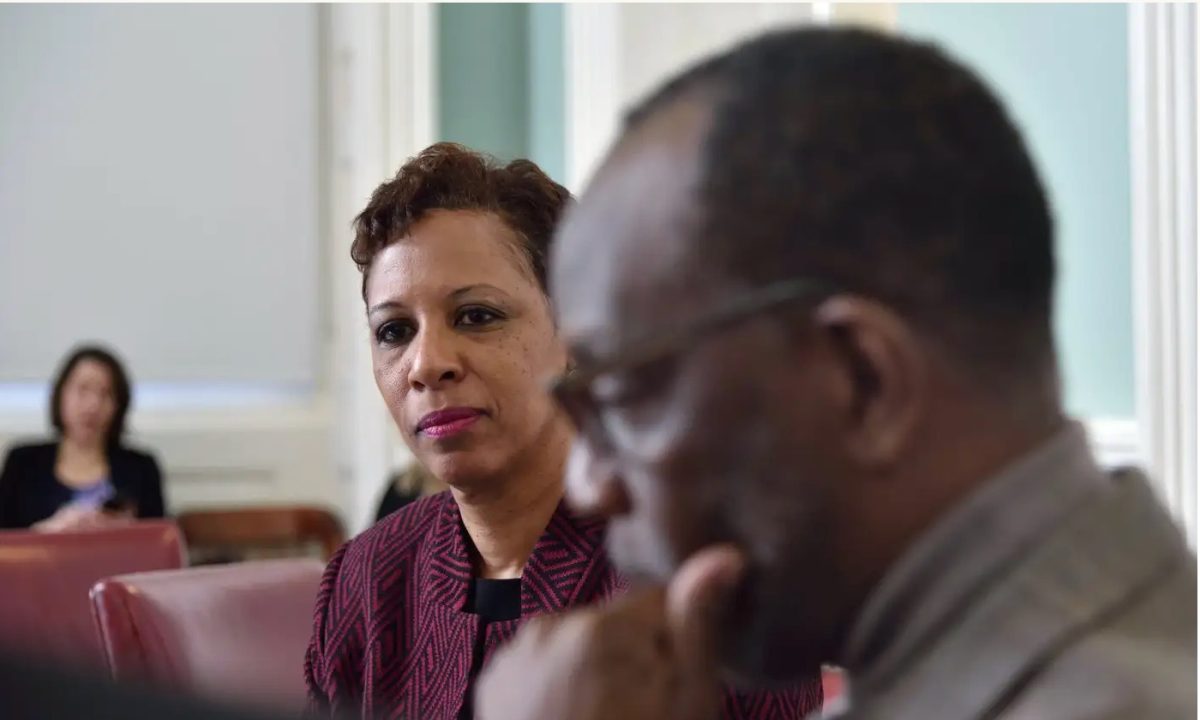
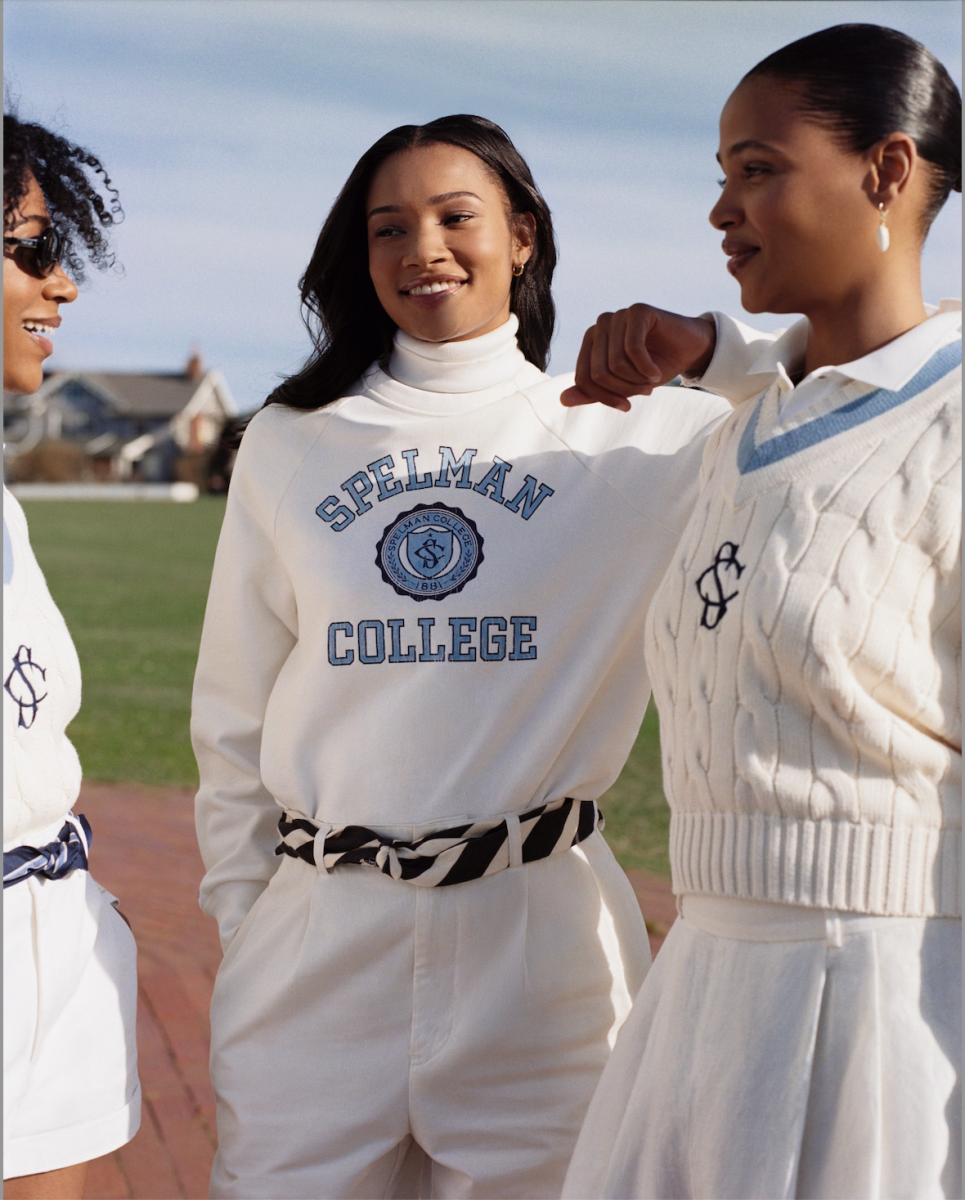
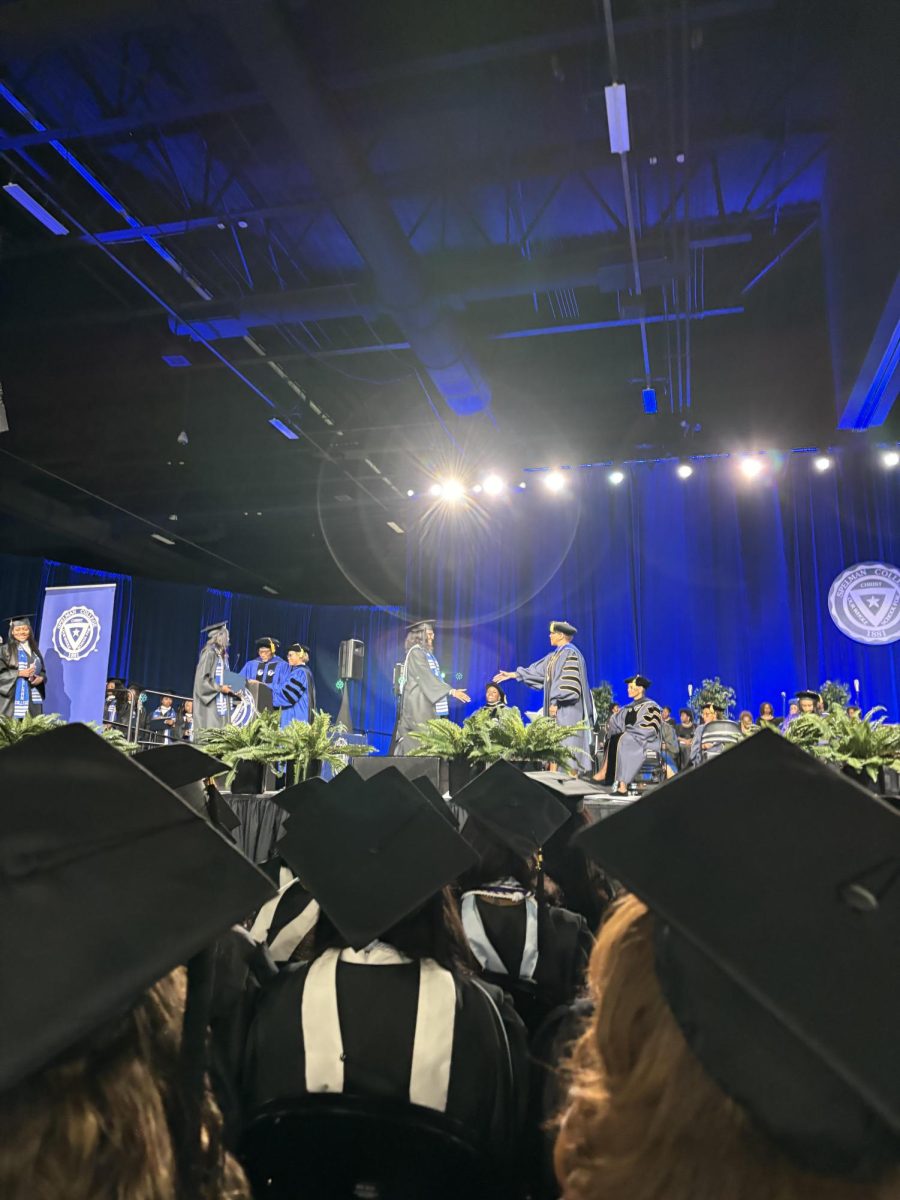
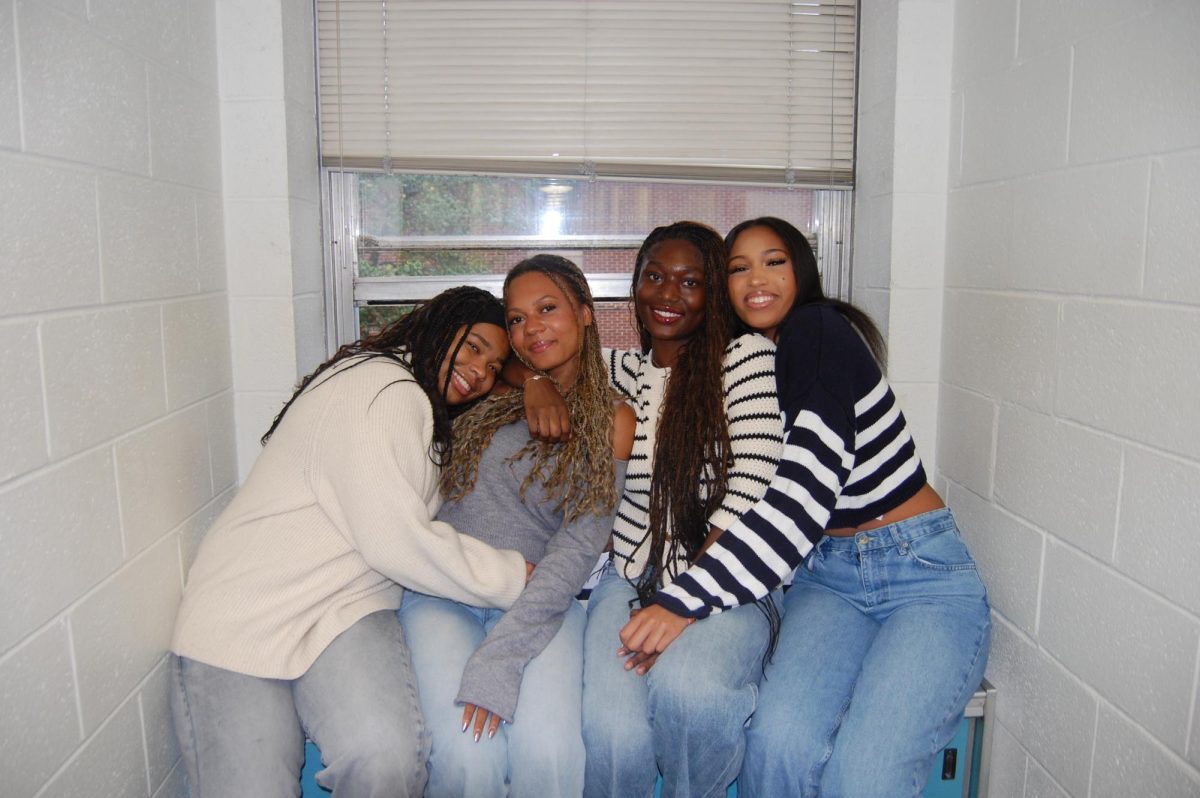

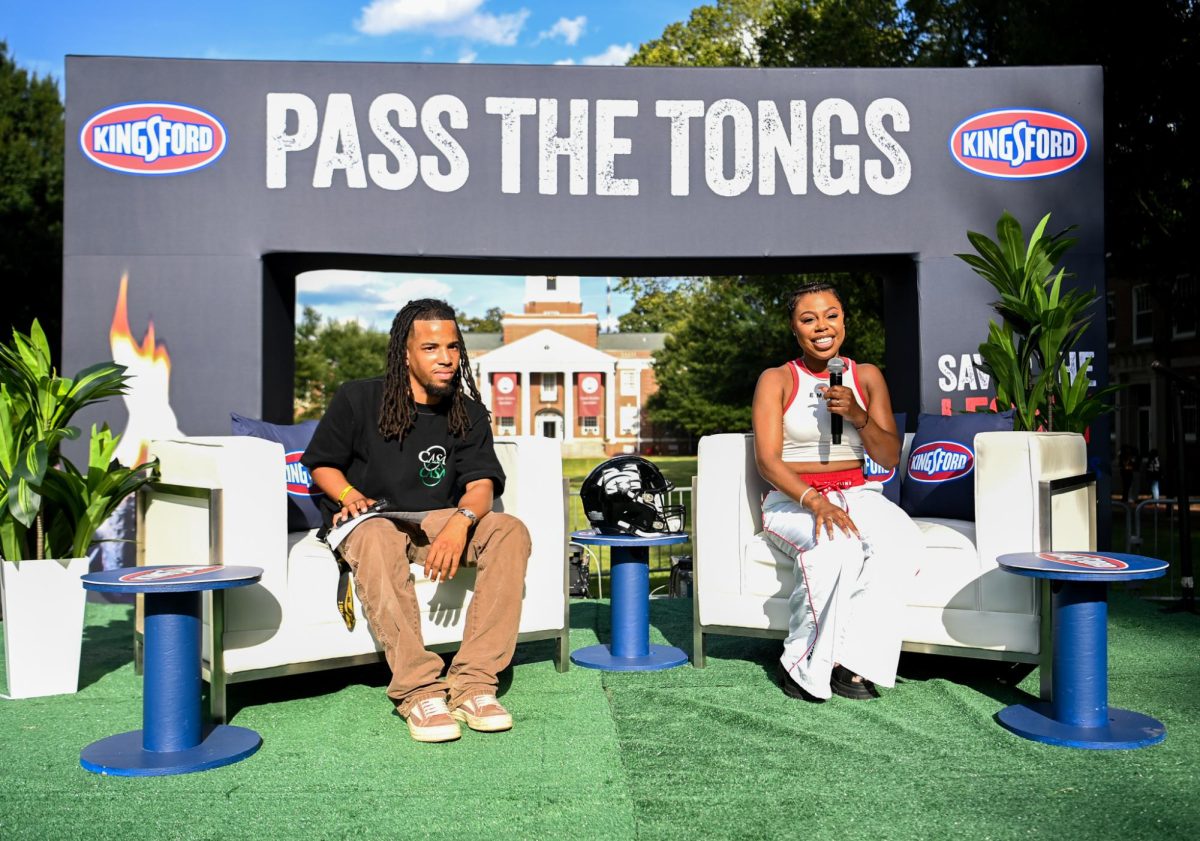
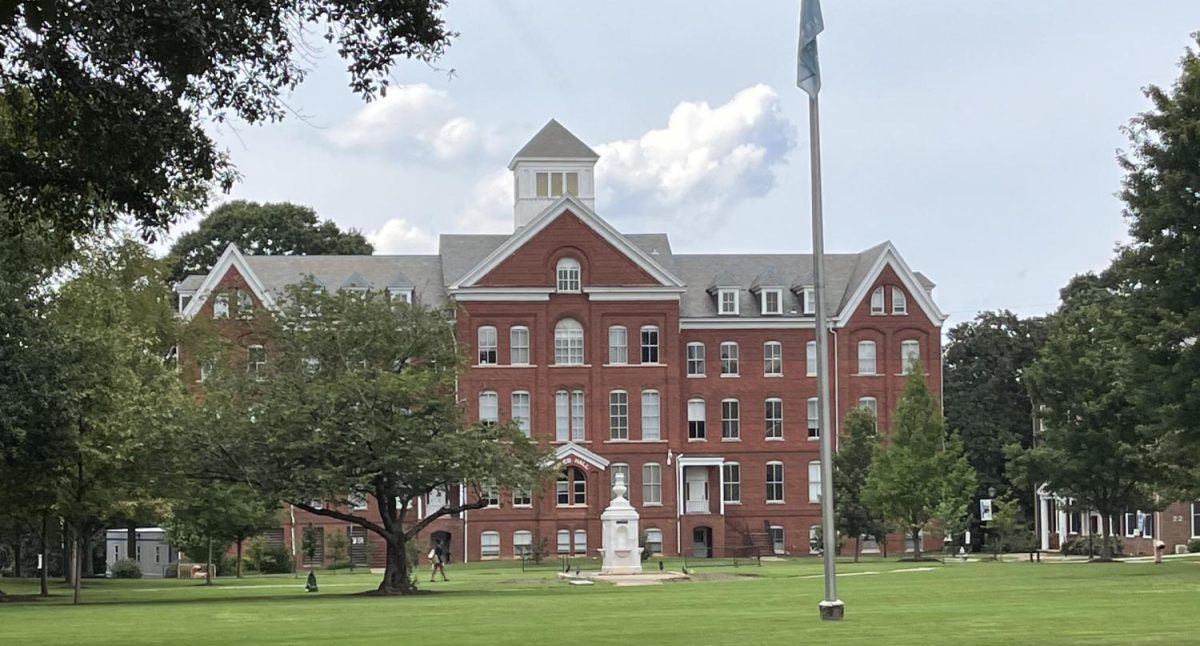
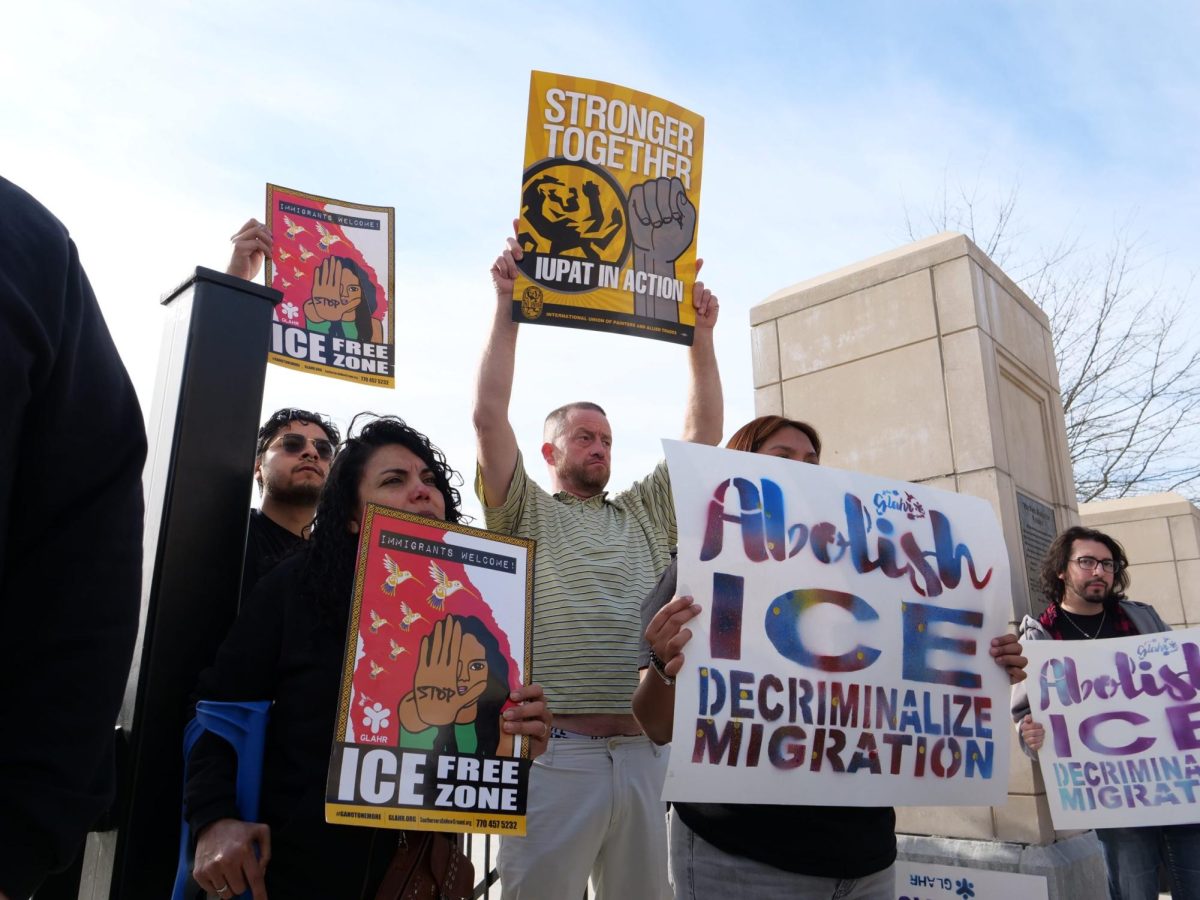



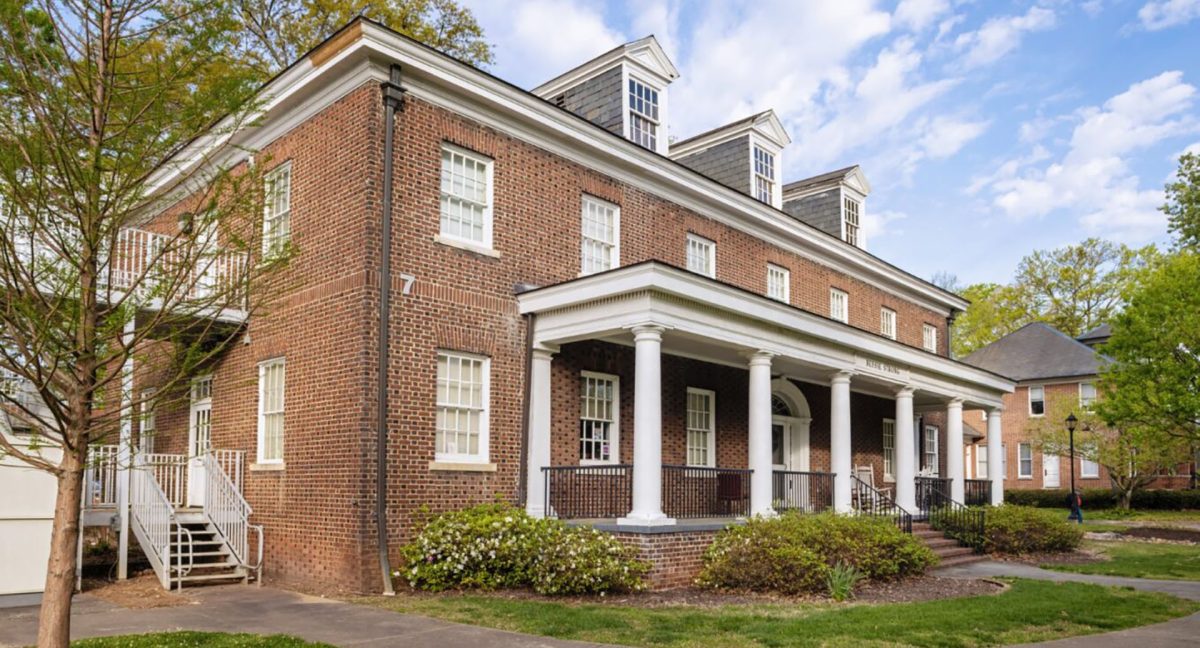
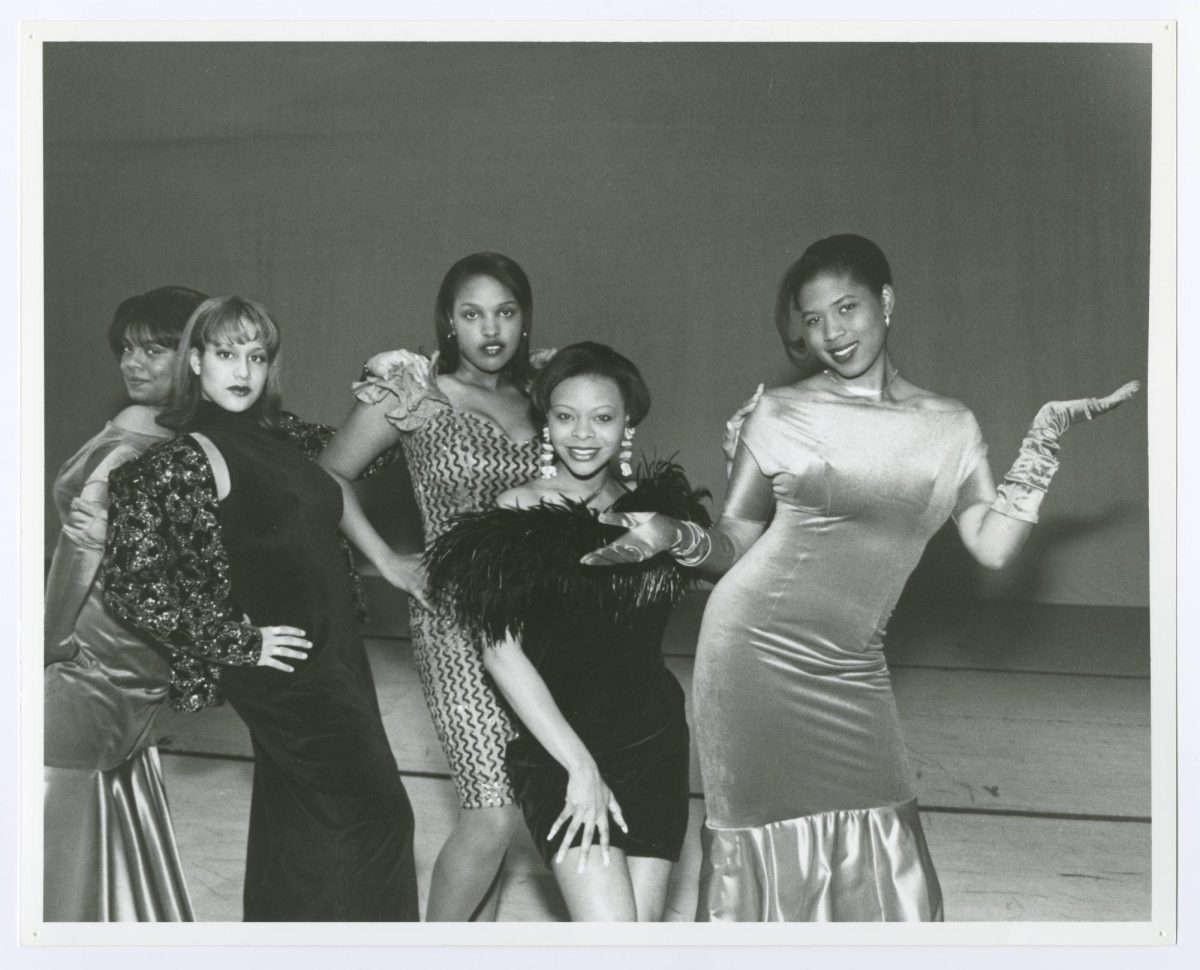



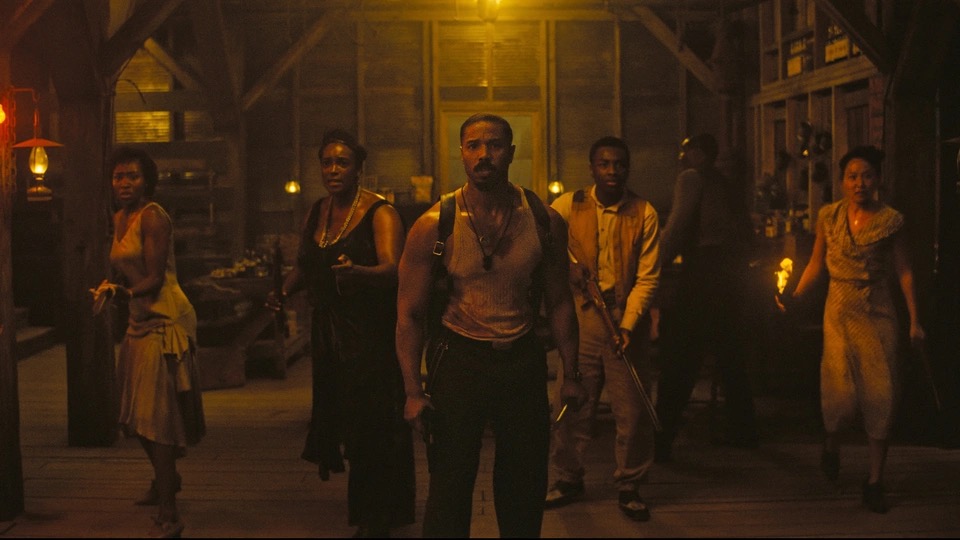
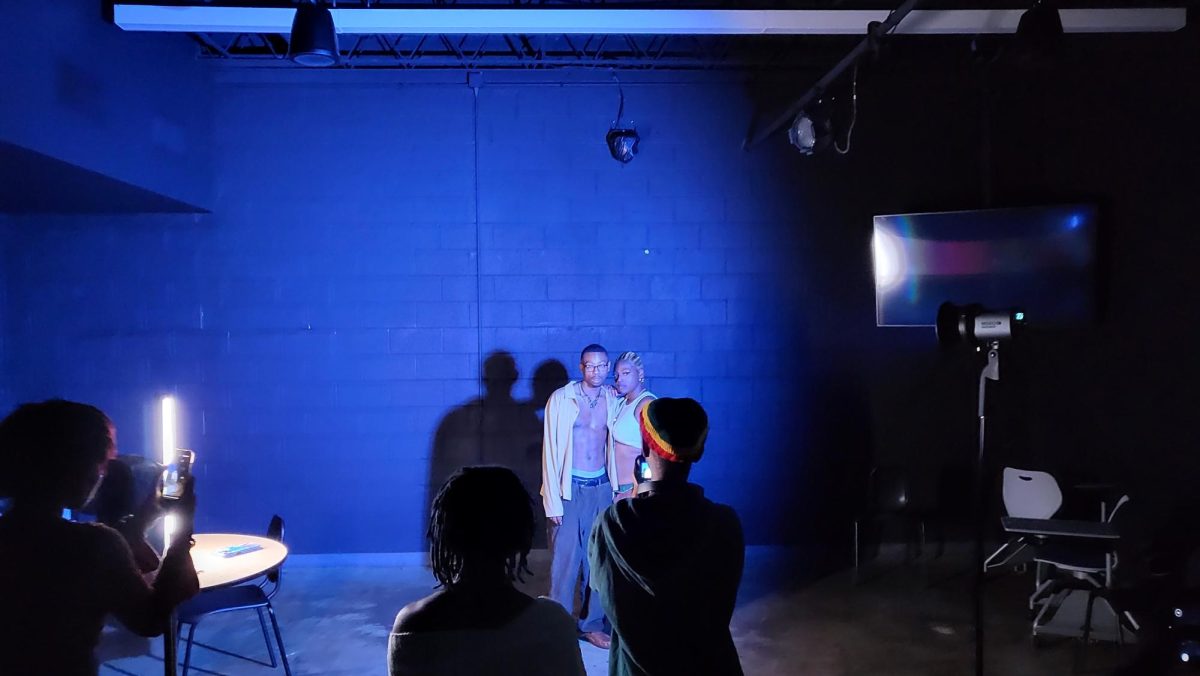


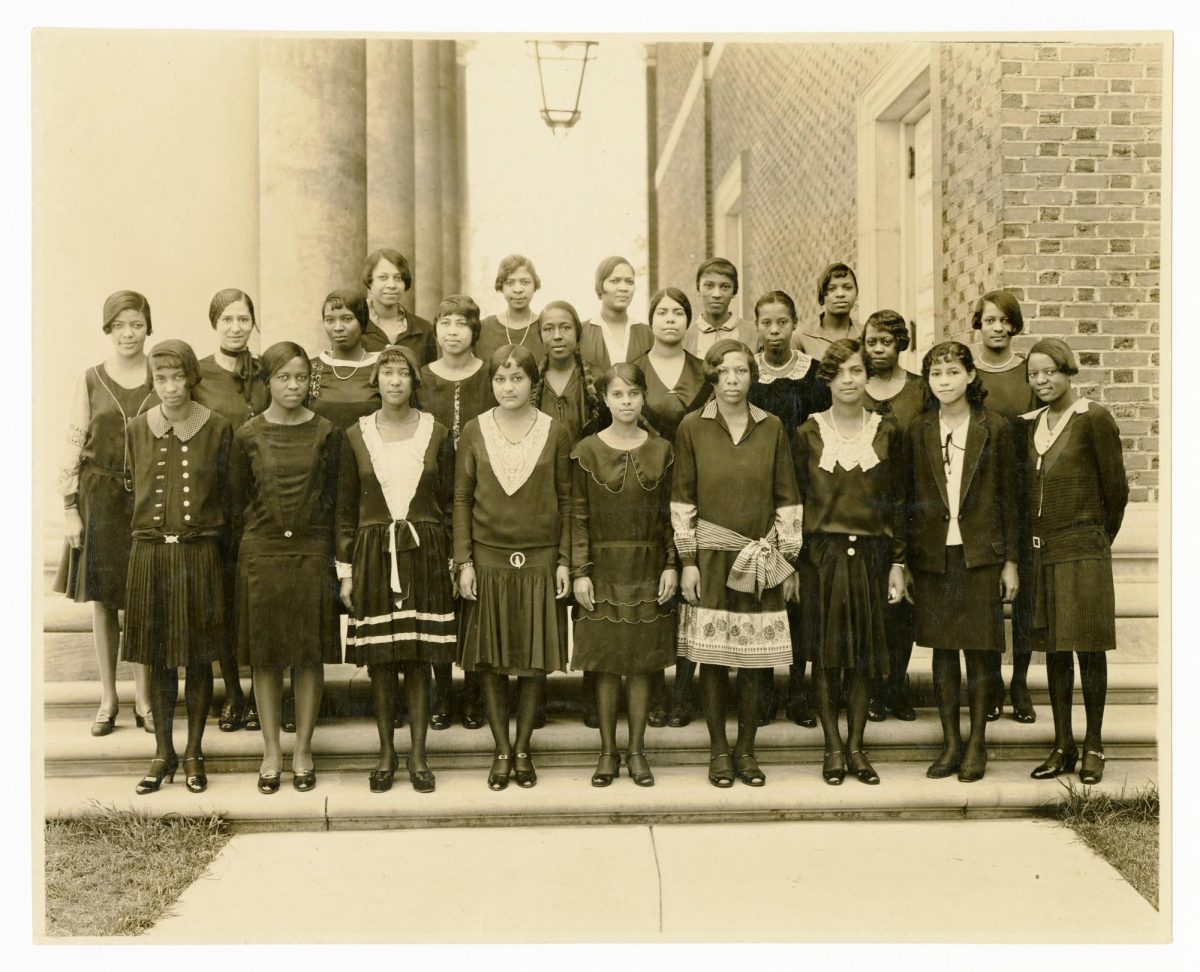
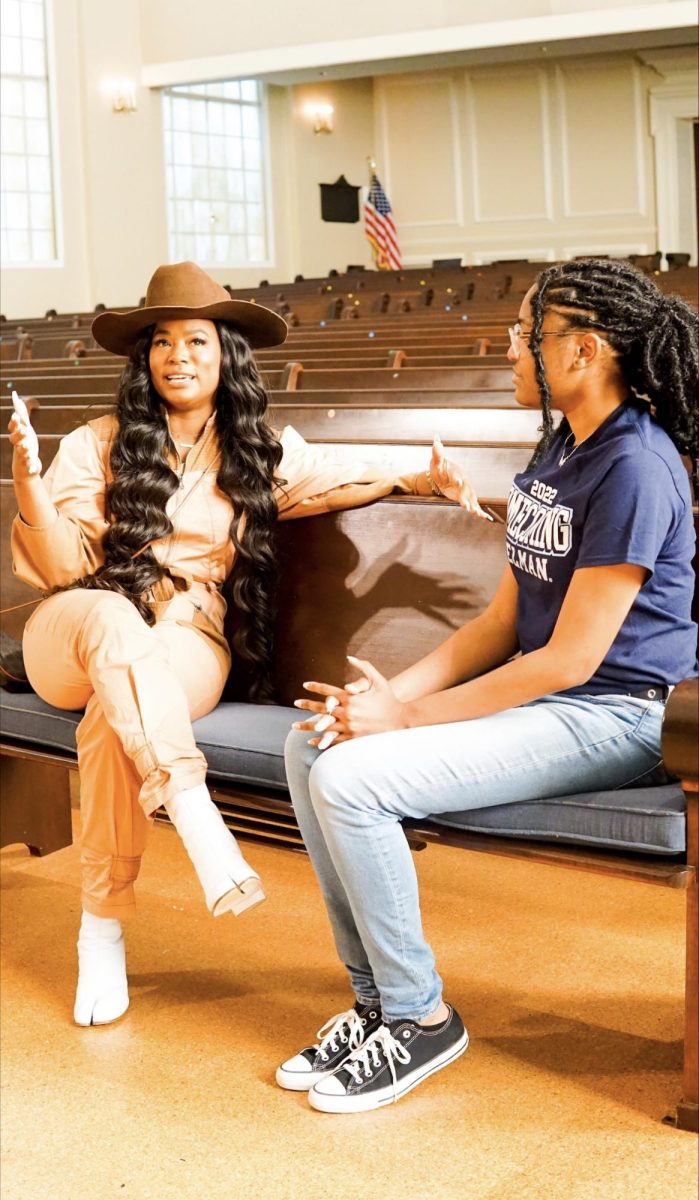
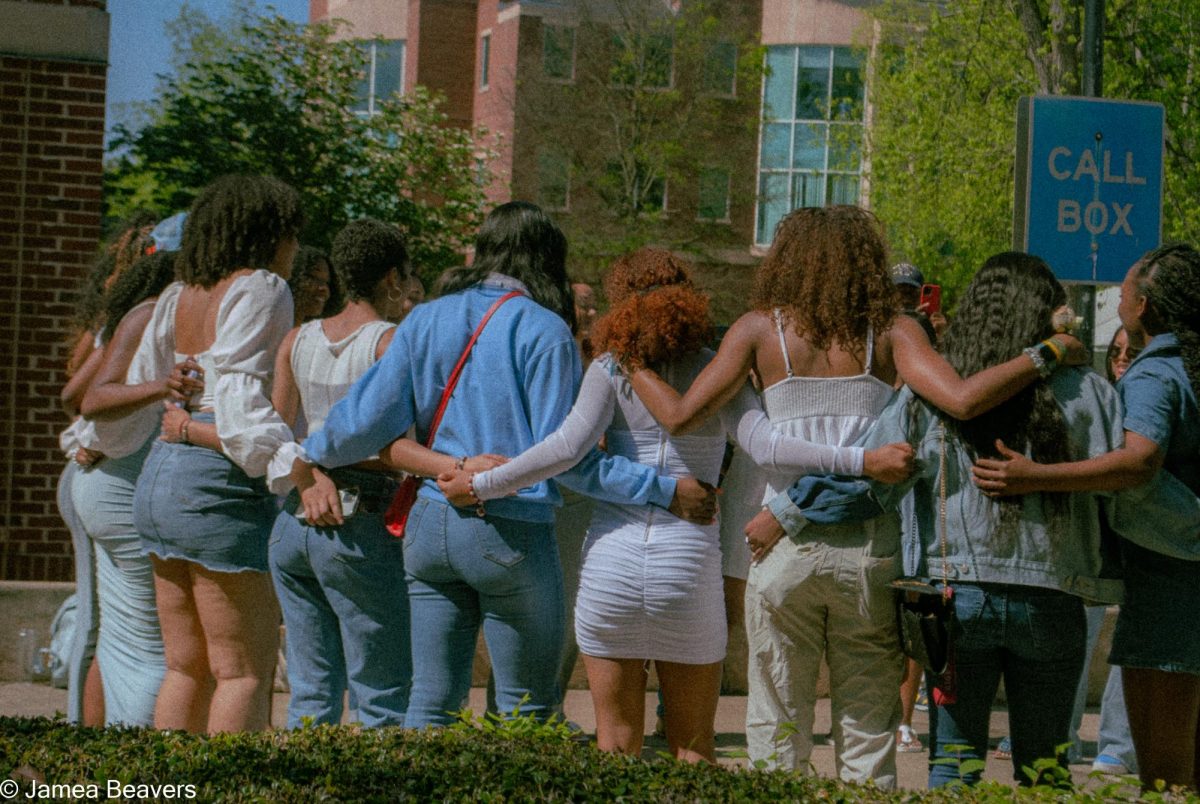
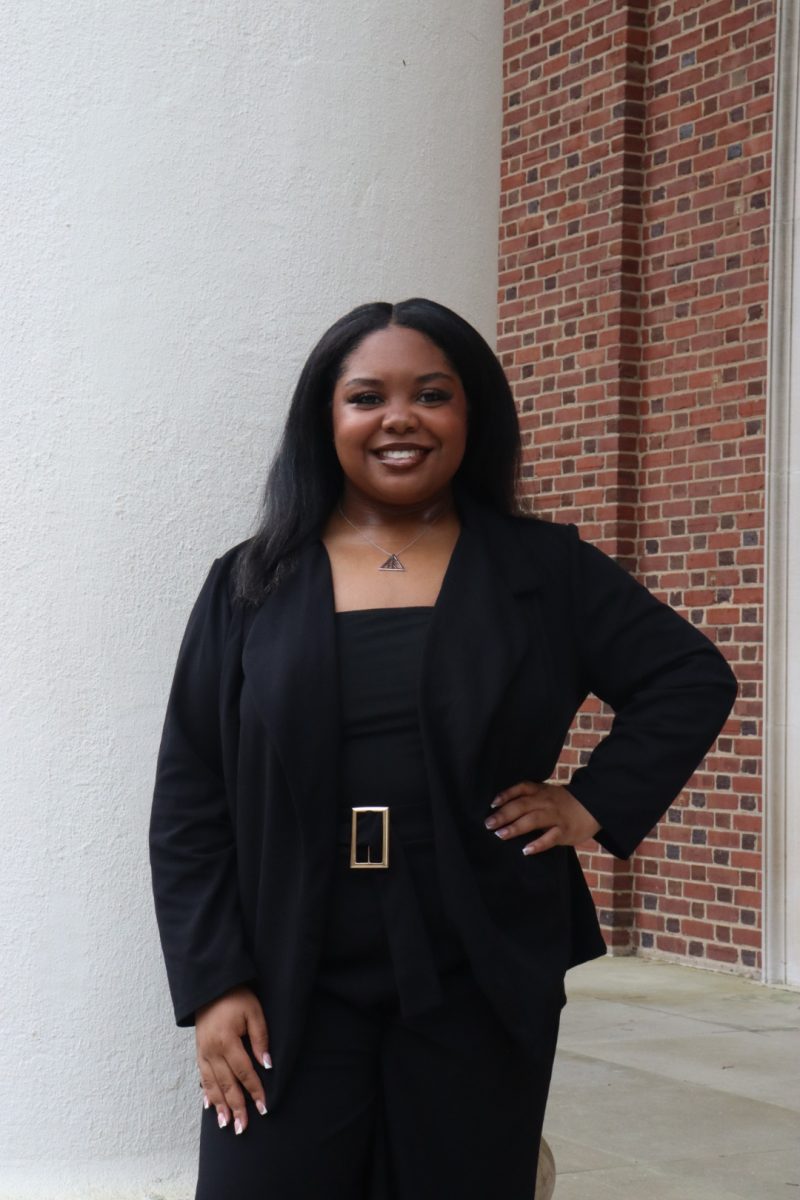
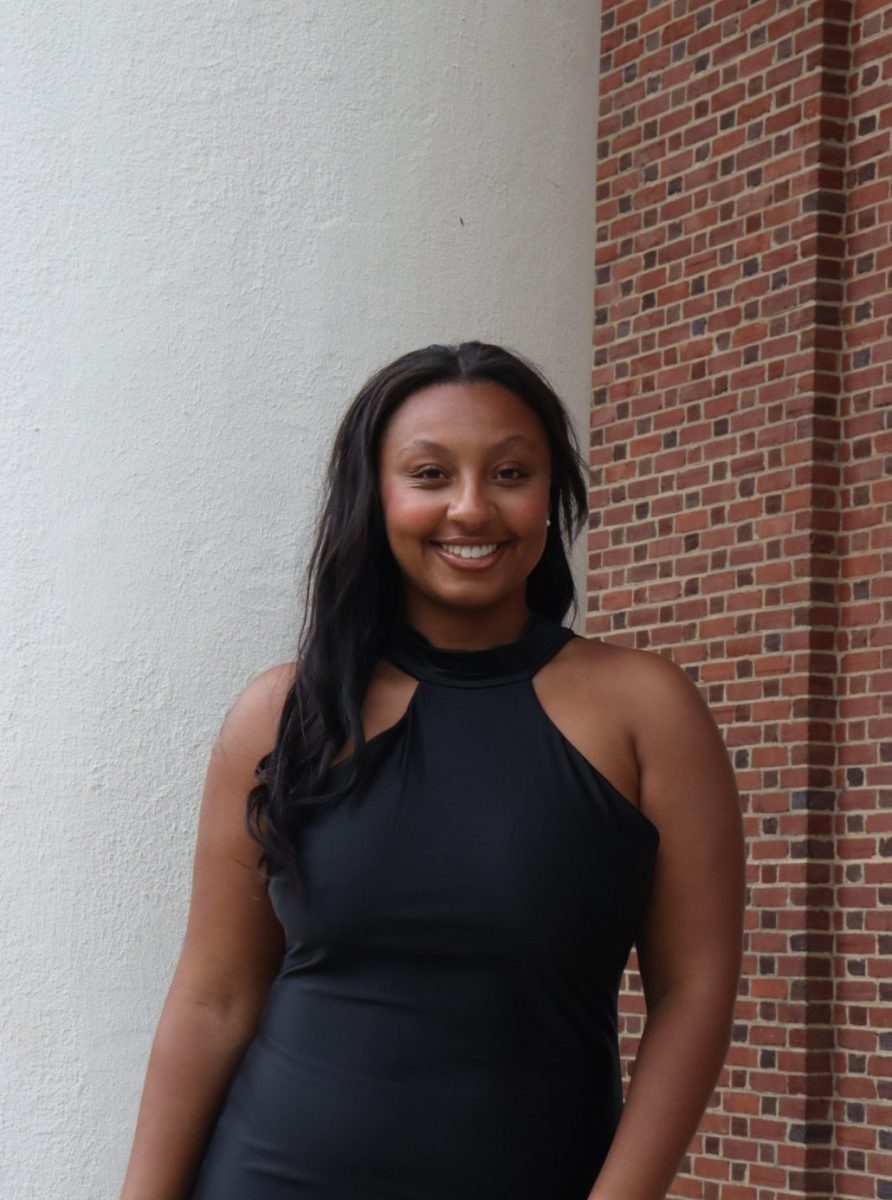
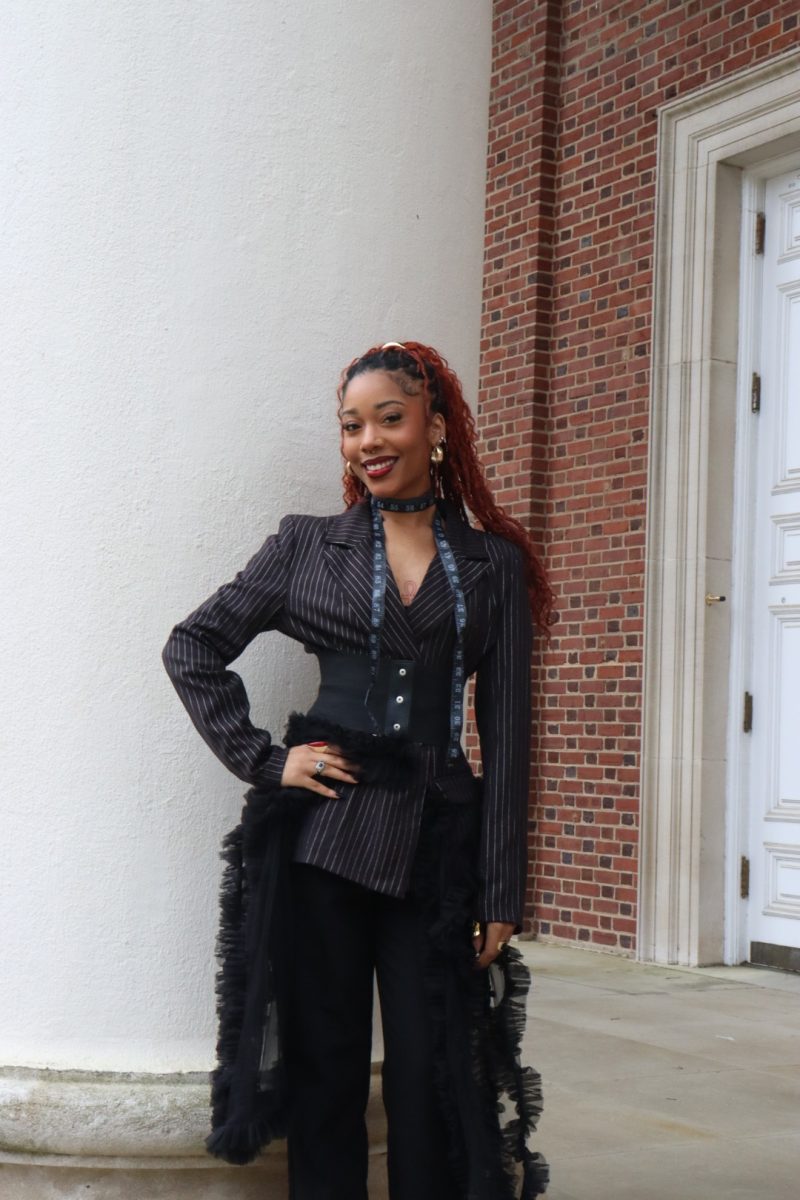
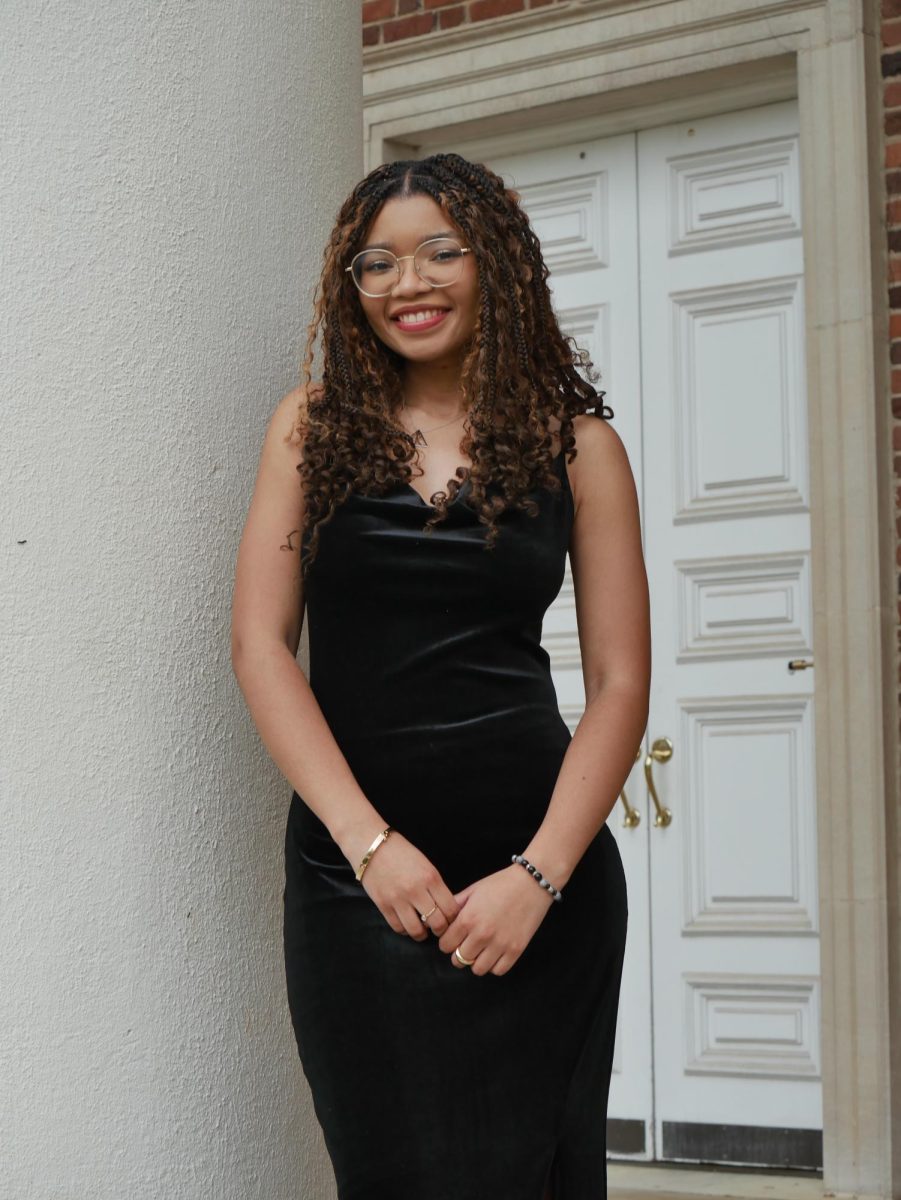
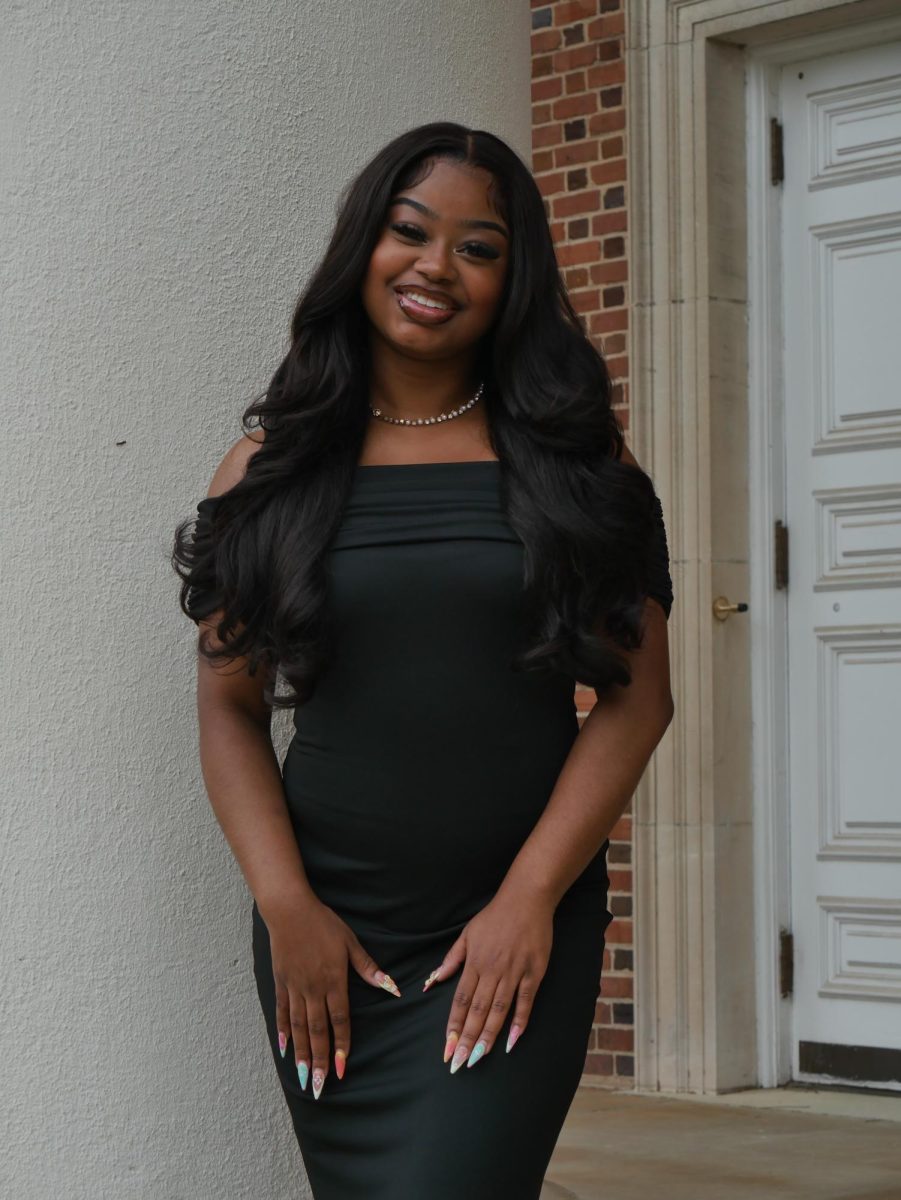

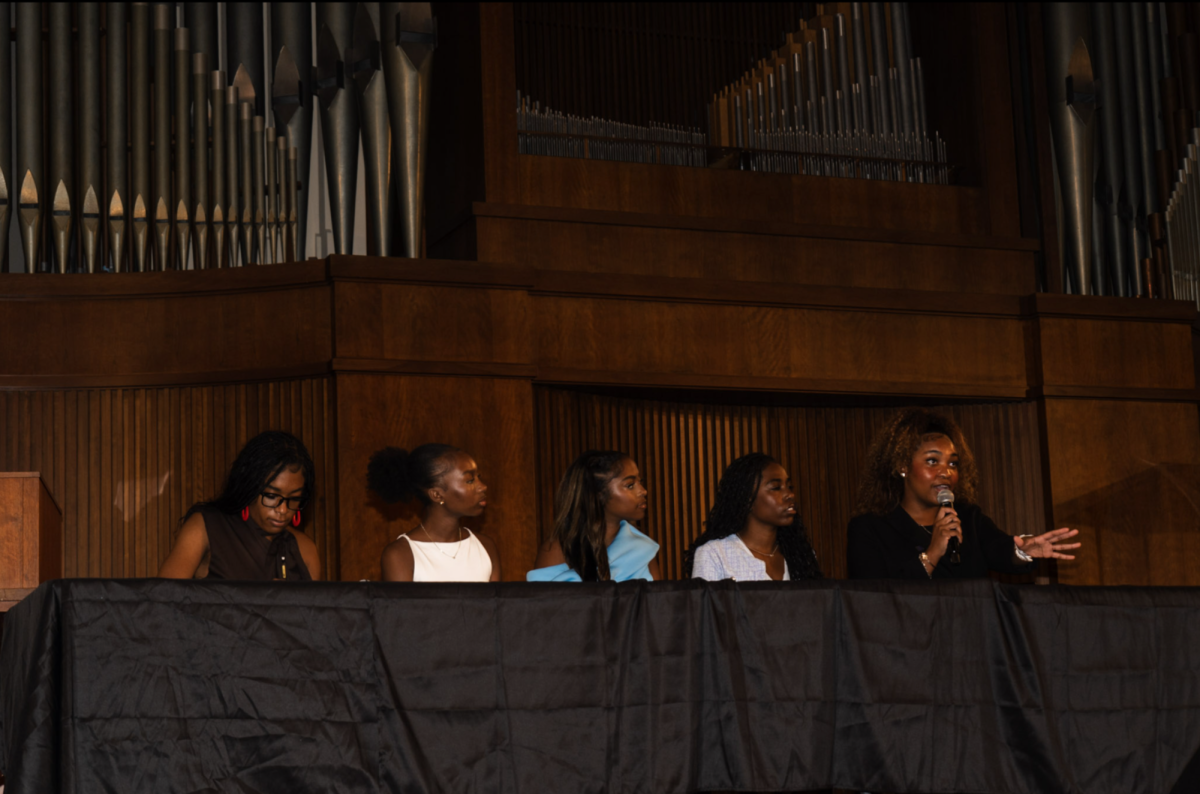
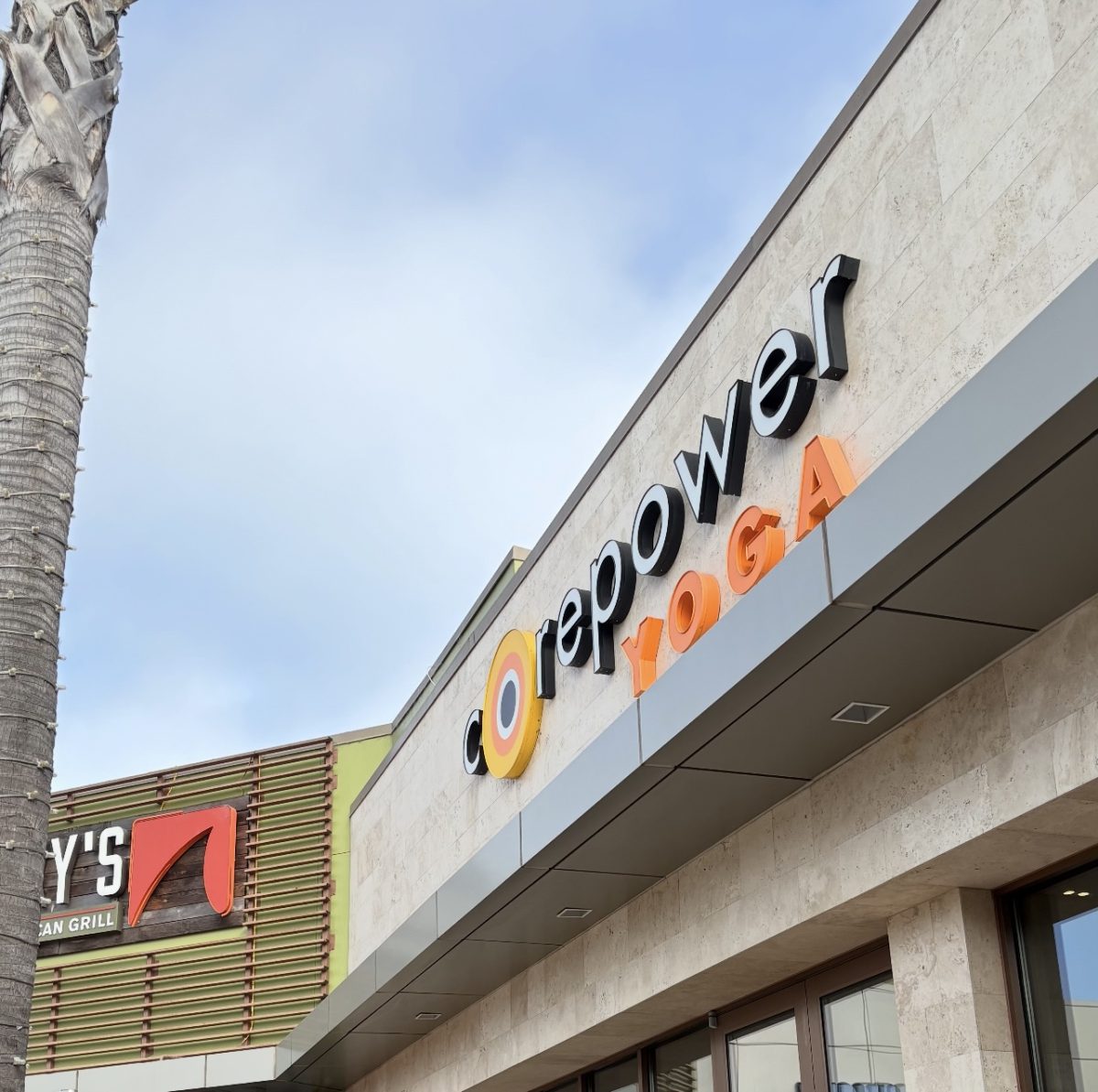

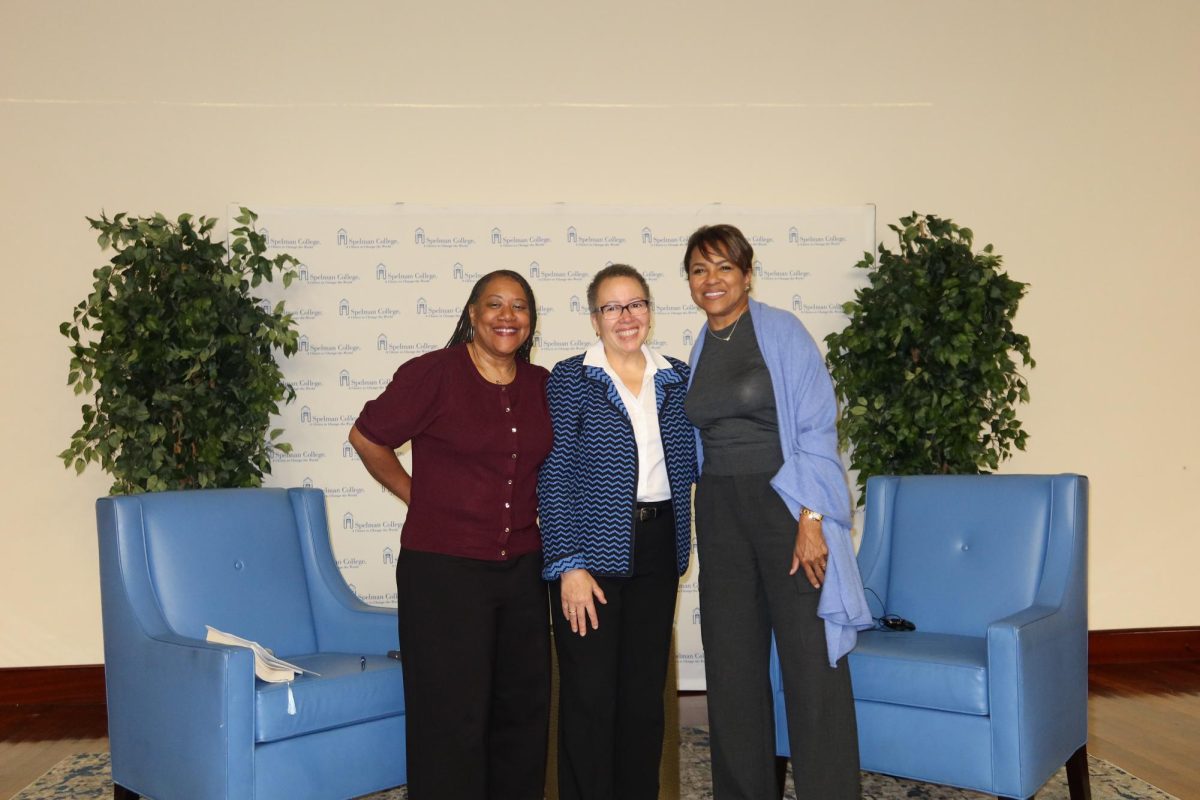
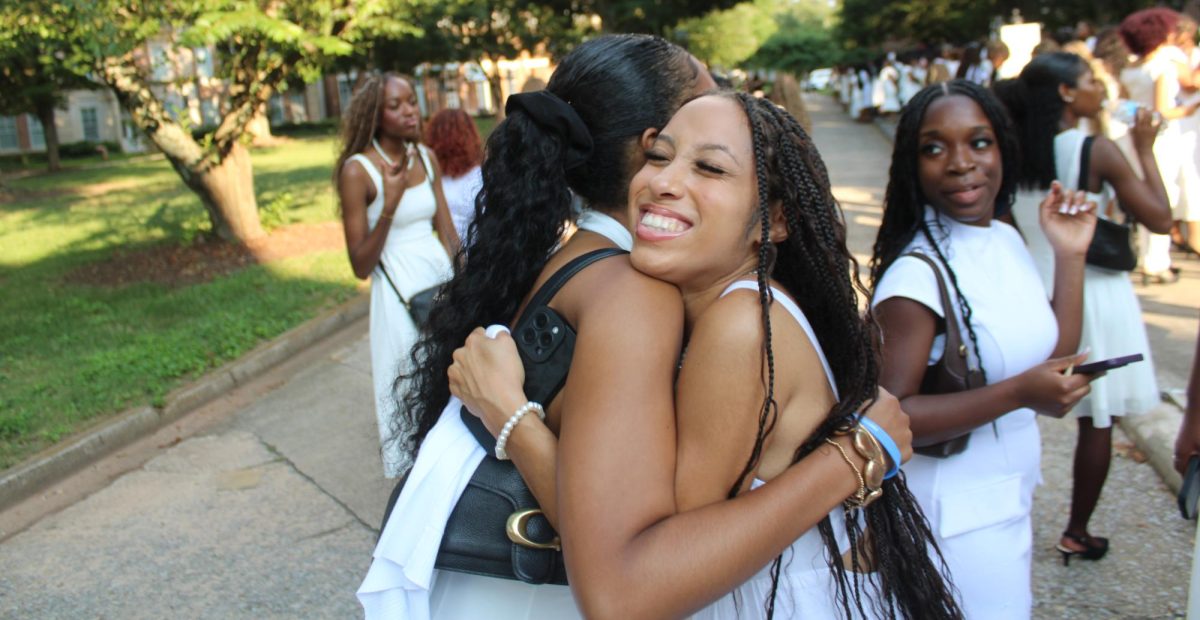

Nila R. • Apr 25, 2025 at 9:21 pm
Amazing job Kennedi!